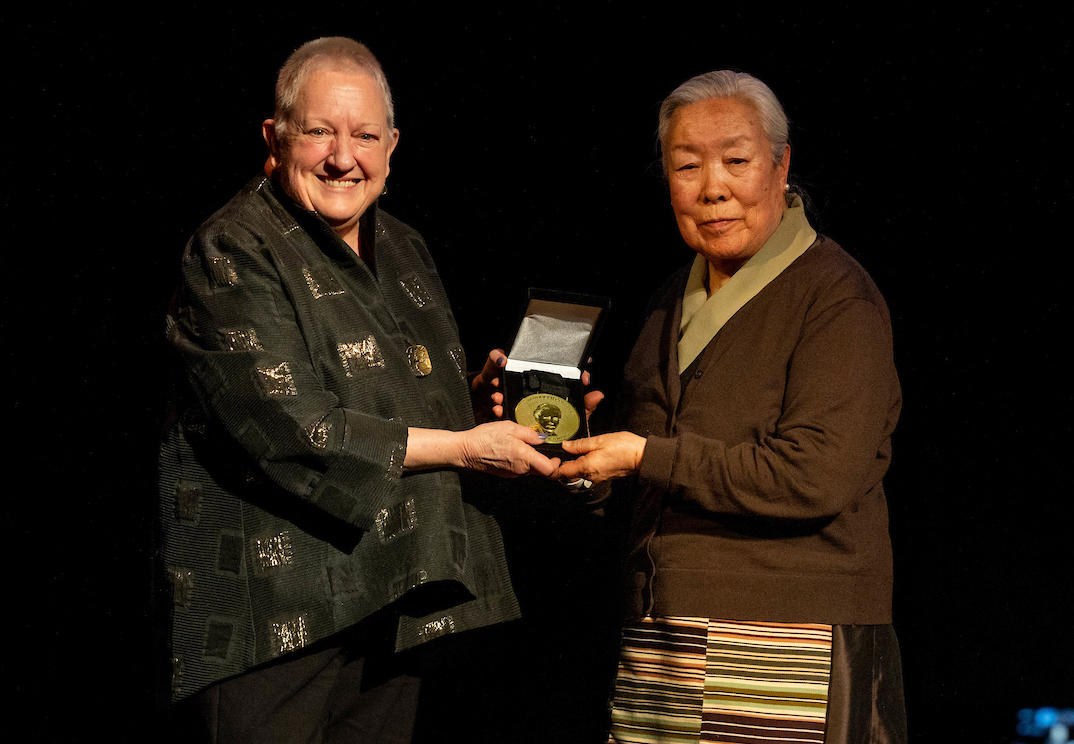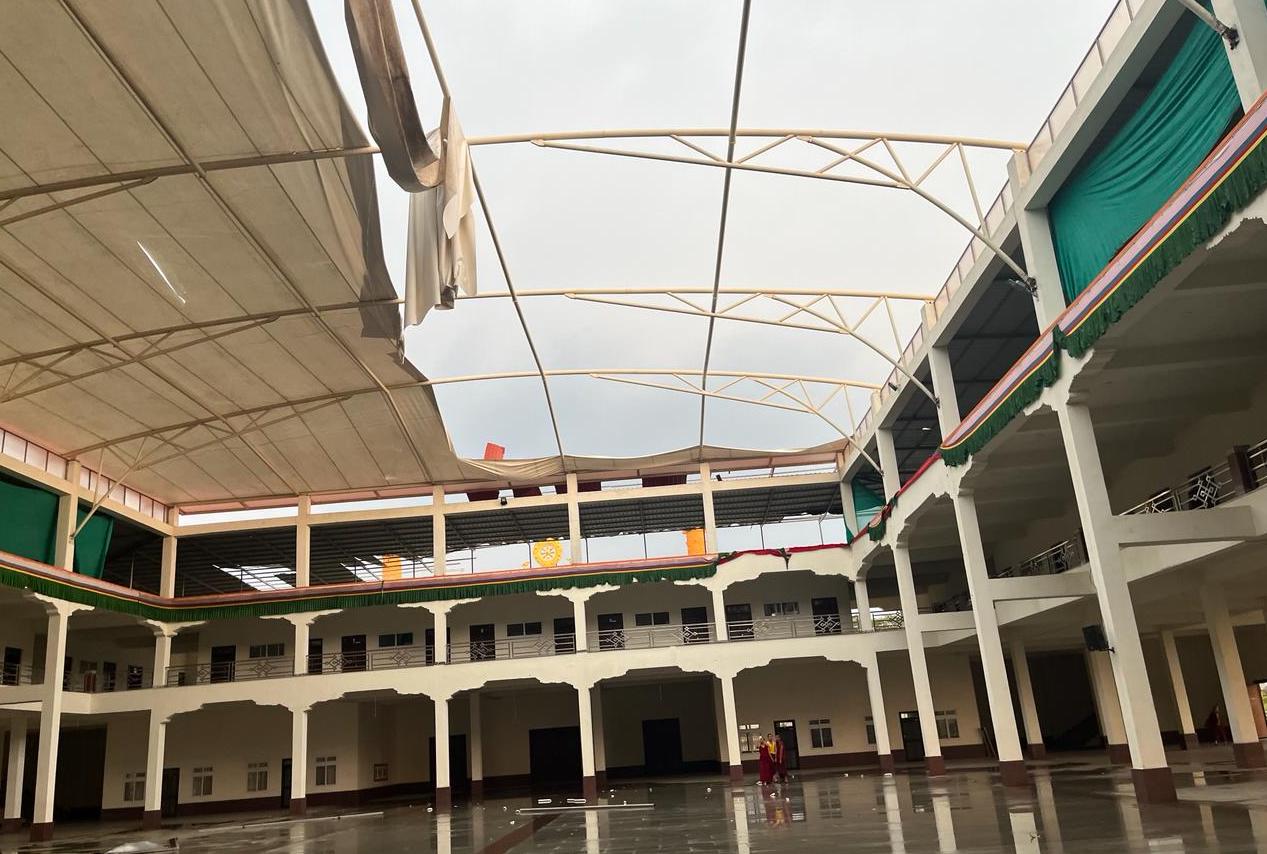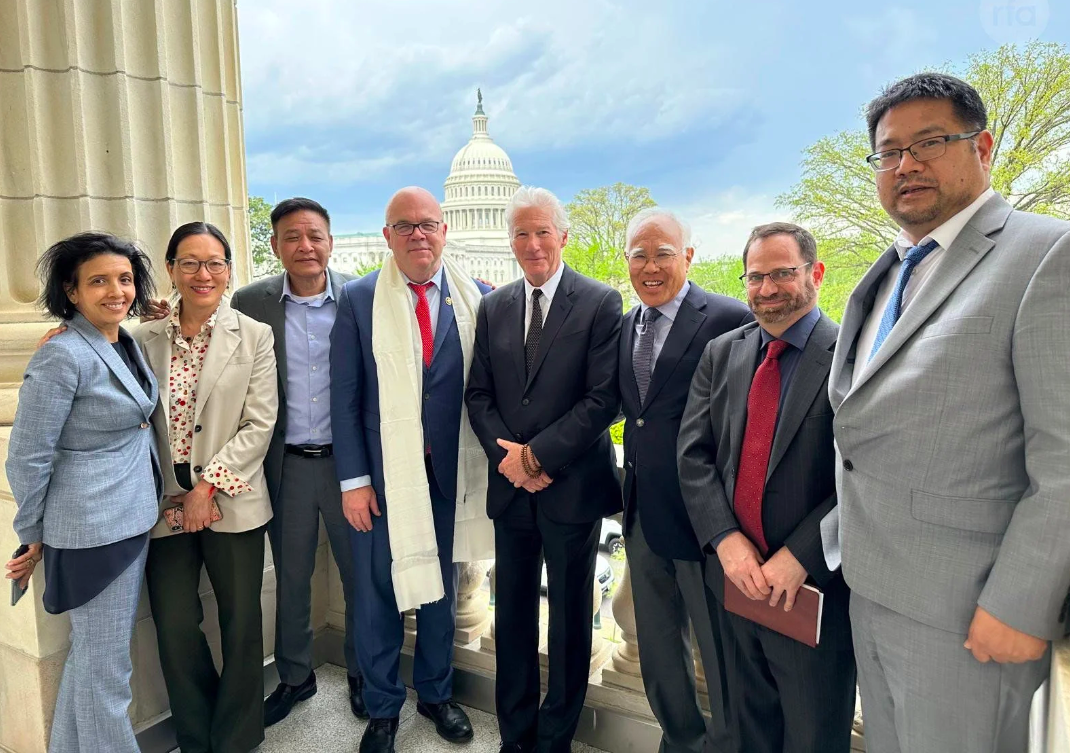 By Adam Luck in Hong Kong
By Adam Luck in Hong Kong
A row over Communist cronyism has erupted in China after the prime minister approved plans to build a controversial dam on a Tibetan holy lake, one of the country’s last great wildernesses.
The £190 million hydroelectric dam, which protesters say will ruin the lake and threaten endangered animals and plants, will be built by China Huaneng Group, the country’s biggest independent power producer.
The company is run by Li Xiaopeng, the son of the former prime minister Li Peng, and one of China’s controversial new “princelings”, parachuted into positions of wealth and influence thanks to their family connections.
Li Peng, known as the Butcher of Beijing following the Tiananmen Square massacre in 1989, was also the driving force behind China’s Three Gorges Dam, which has been blamed for causing environmental devastation after the forcible removal of almost two million people.
Reformers within the Communist Party had seen the latest dam as a test of how far the new leadership, under the prime minister Wen Jiabao, would challenge vested interests and allegations of government corruption.
But after a two-year battle, Huaneng has been given approval to build its dam on Mugecuo Lake, known to Tibetans as Yeti Lake, which is home to pandas, snow leopards and the buffalo-like golden takin – believed to have inspired the Golden Fleece myth – in addition to rare plants.
“We have spent two years and repeatedly lobbied the central and provincial governments about this but it has all been for nothing,” a leading Chinese environmentalist said.
“When we were told that the project was going ahead we were warned to drop the matter and to publish no more articles. This is about political power. The fact is, this is about Li Peng’s son.”
Mugecuo Lake lies at the heart of Ganzi, a remote district that is part of the Tibetan Autonomous Region. The area is admired by scientists and ecologists for its unique habitat and scenery, but is notorious for earthquakes.
While Huaneng argued that the dam would bring prosperity to a poverty-stricken region, local Tibetans – who risk jail or execution for dissent – and Chinese scientists appealed in vain to the Beijing leadership to stop the project.
There has been increasing unrest in China over the business interests of its political dynasties. While President Jiang Xemin’s relatives dominate the telecoms sector, Li Peng’s are the biggest players in the energy industry.
Although Li Peng retired this year he still exerts an iron grip over the nation’s lucrative power grid thanks to deregulation and privatisation. His wife, Zhu Lin, is believed to control a lucrative listed offshoot of Huaneng while his daughter, Li Xaolin, is the vice-president of the international investment and financing arm of China Power, another of the country’s energy giants.
Huaneng’s plans for the lake – which is said to shelter Buddhist spirits – emerged in 2001 when the State Environmental Protection Agency approved the project, after two government reviews refused to give it the green light.
One official familiar with the negotiations said: “Because Huaneng is so powerful there is a lot of political prestige at stake and none of the officials wanted to come outright and say no.” One Chinese scientist who has studied the project closely believes that the damage caused by the dam, and the risk of earthquake-induced flooding, are incalculable. She said: “Ganzi is what we call a bio-hotspot and is set in one of the most biologically diverse places in the world.
“The larger environmental impact will happen downstream, however, because the whole valley and vegetation will disappear and the animals will disappear with it. But the reason most local people feel uncomfortable is because this is an earthquake area and they have decided to build a reservoir above a river that runs right through [the local capital] Kanding.”
Kanding became the focal point for opposition to the dam this year, as residents complained about the lack of formal debate or consultation over the scheme.
After a series of anonymous local letters of protest were leaked to the press, a powerful Tibetan Communist figure lobbied Wen Jiabao, who then ordered a further investigation by SEPA.
However, protestors claim that the investigation was a whitewash. The environmentalist said: “I have seen the report, and Li Xiaopeng’s signature is on it. This was meant to be an independent report but the boss of Huaneng would appear to have been conducting a joint investigation with SEPA.”
Neither China Huaneng nor the government would comment on the controversy.










One Response